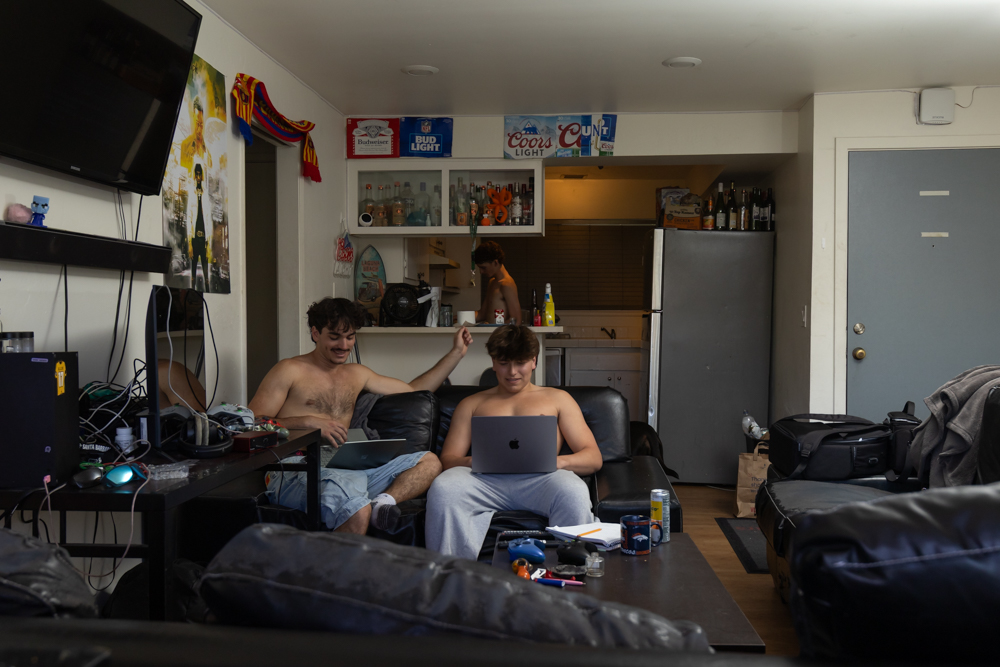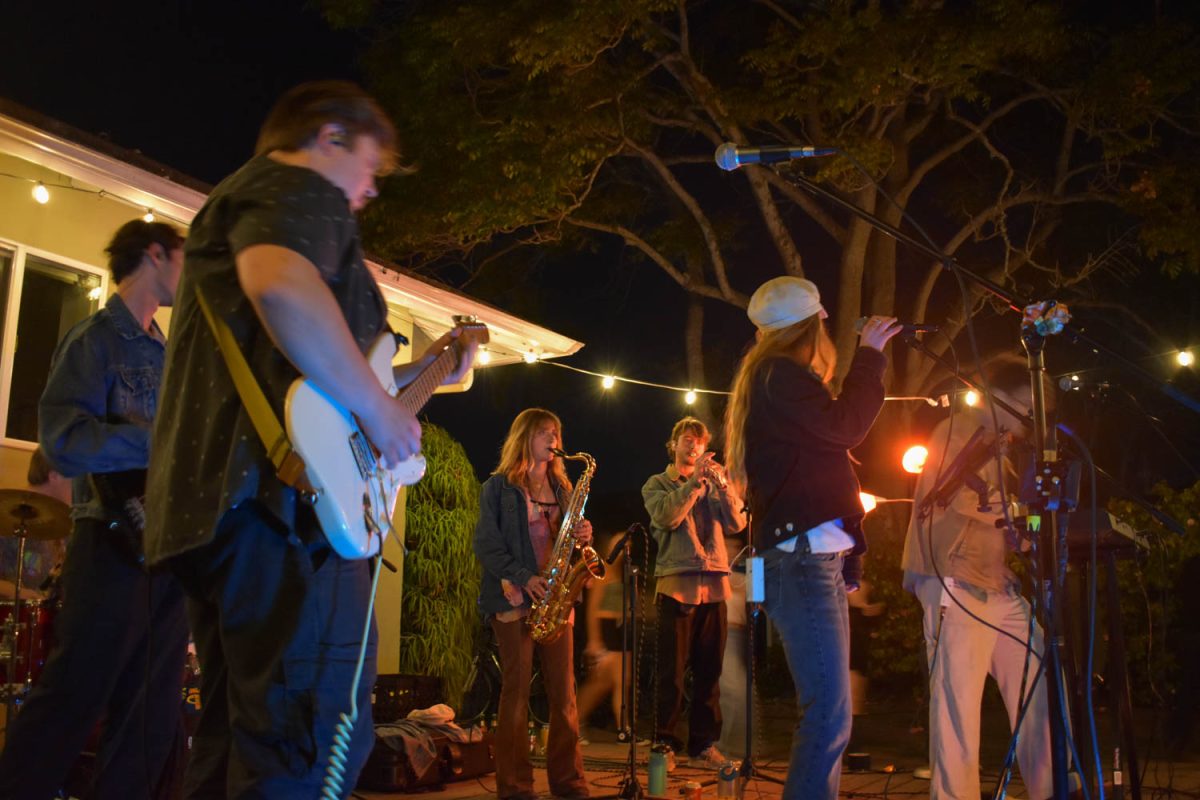COVID-19 has moved most schooling online this fall, but with over 500 in-person lab hours required to pass certain credits, going remote was not an option for some.
For City College’s top ranked Automotive Service and Technology program, it meant getting new procedures for in-person classes approved before the semester, taking part in the healthy roster survey program, and a whole lot of cleaning and disinfecting.
“We’re fortunate in that our lab environment is atypical,“ said Automotive Service and Technology Chairperson and instructor Russell Granger. “It’s three-stories high surrounded by windows that we open, and we have four massive sliding doors, so those issues aren’t as pronounced that a typical lecture hall would have.”
Now students work at assigned work stations in set groups of two, using the same Chromebooks, tools and car all semester. By staying at their workstations and disinfecting all used items at the end of class, eight people at most could use the same items, said Granger.
The Automotive Service and Technology program has not had any health issues through seven weeks of on-campus learning.
Hands-on lab experience is vital for learning the necessary skills to either earn a degree or certificate of achievement. Take for example the AUTO 111 Engine Rebuilding class taught by instructor Brittanye Muschamp.
“We learn how to properly disassemble all the parts, and once it’s apart we blueprint all the internal engine components with a lot of precise measuring,” Muschamp said. “To determine if you were to rebuild [the engine] whether you should reuse or replace a part.”
When not rebuilding an engine, other lab classes teach students basic servicing skills required for an entry-level job. Additional courses teach areas like braking, suspension and steering, as well as maintenance for fuel and air conditioning systems.
Muschamp noted an added benefit of the smaller, socially distanced groups is that students have had more hands-on time in the lab as well as more individualized attention from instructors.
Other upper level courses include a class on the principles of hybrid and electric drives, which gives students the opportunity to work on hybrid cars. This is the only course of its kind offered by a community college in the area. It’s part of the continuing evolution of AST based on recommendations from an advisory committee composed of members from local high school and community college programs, as well as industry professionals.
As the program continues to grow to meet the needs of the industry, Granger said he’s proud of how AST and City College have been successful returning to face-to-face courses this fall.
“Cars are not leaving us,” said Granger. “They may auto drive, we may not own one, it may be an app. [They’re] still going to break and need service.”


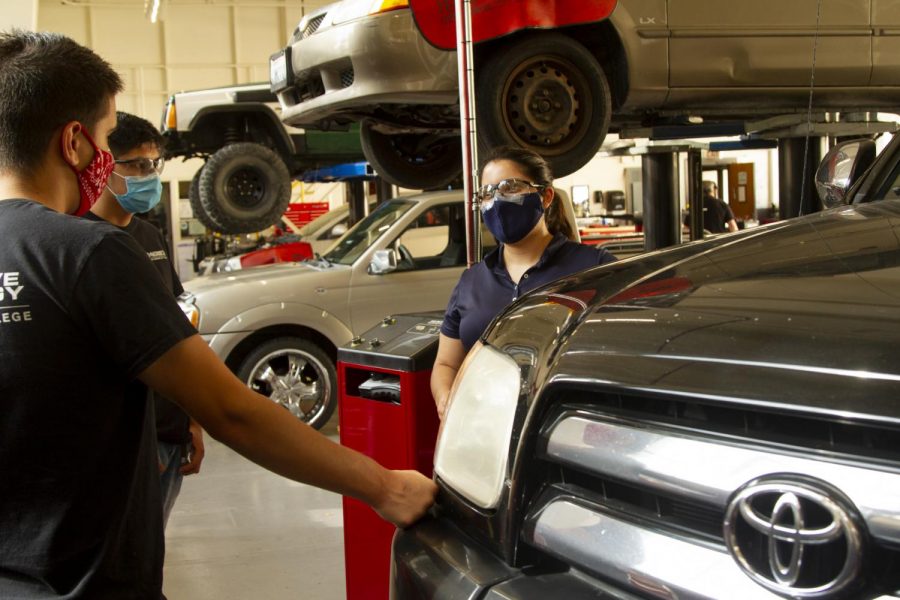

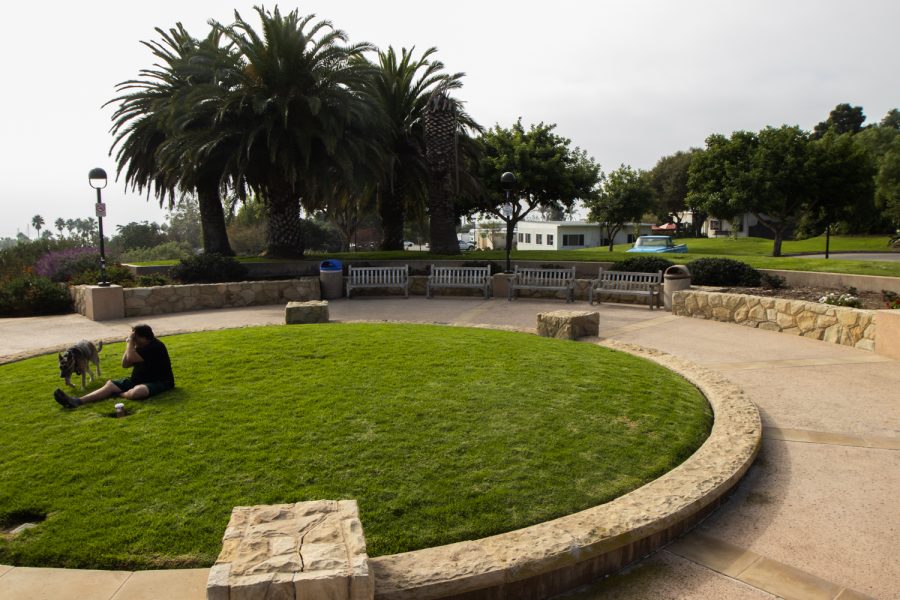
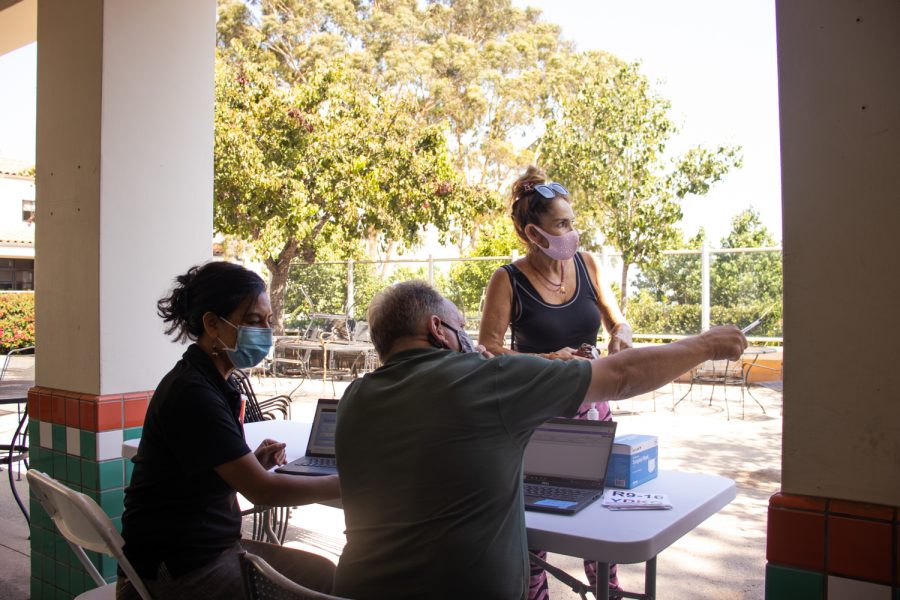
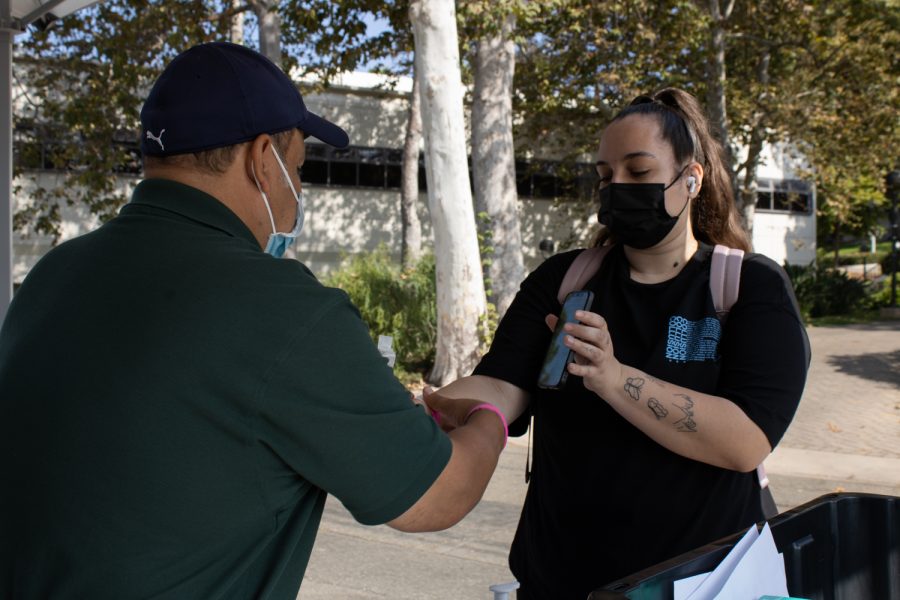
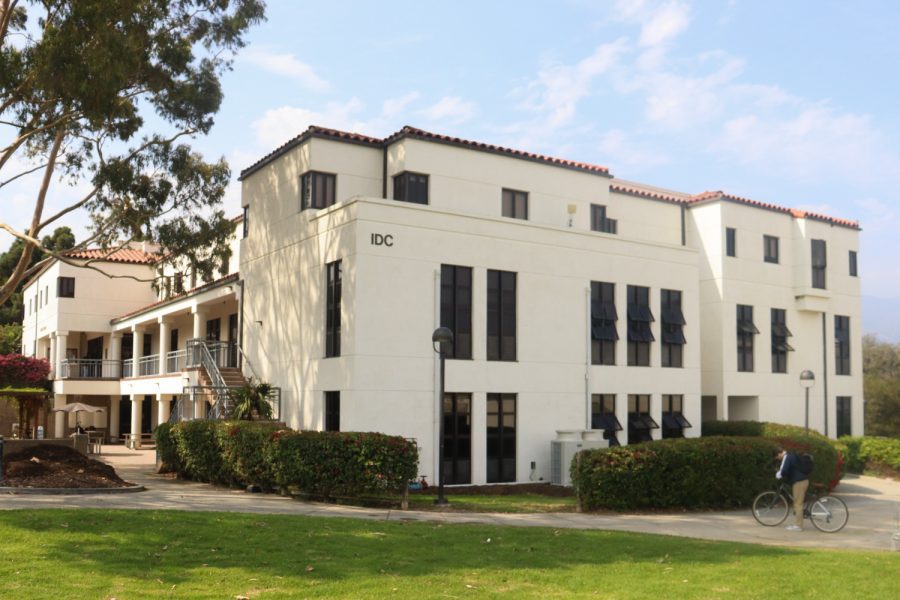
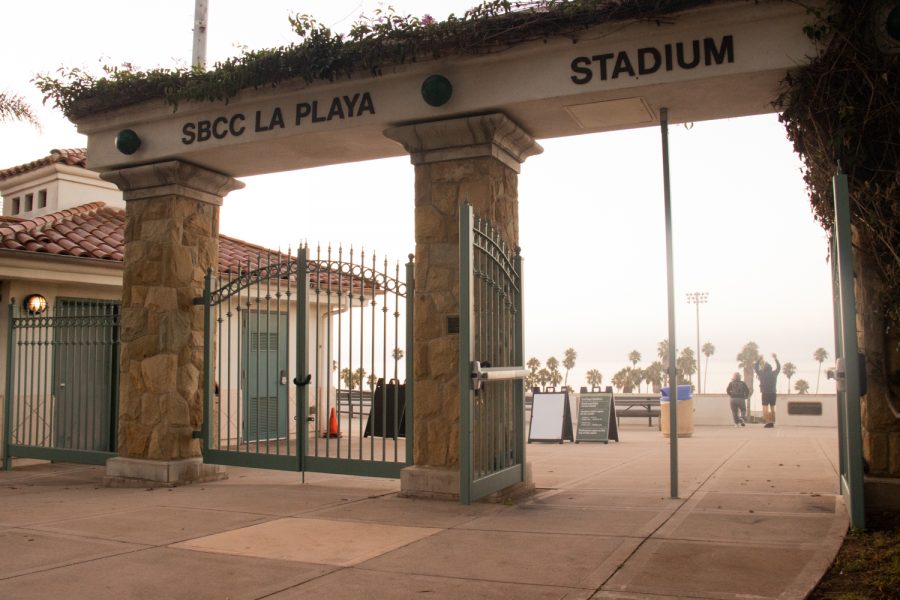

![Milton Alejandro Lopez Plascencia holds a flag showcasing the United States and Mexico on Feb. 7 in Santa Barbara, Calif. “It’s heartbreaking to see what is happening all across the country,” Lopez Plascencia said. “I [want] my voice to be heard by the community.”](https://www.thechannels.org/wp-content/uploads/2025/05/MGSImmigration-1-1200x800.jpg)


![The new Dean of Social Science, Fine Arts, Humanities and English, Eric Hoffman beams on May 2 in Santa Barbara, Calif. "My major professor in college [inspired] me," Hoffman said. "You can really have a positive impact on people's lives in education."](https://www.thechannels.org/wp-content/uploads/2025/05/MGSHoffman-2-1200x800.jpg)
